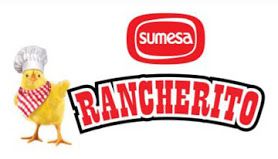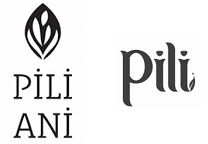The TTAB recently decided the appeals from the three Section 2(d) likelihood of confusion refusals summarized below. At least one of the three refusals was reversed. Let's see how you do in foreseeing the results. [Answer will be found in the first comment.]

In re SUMESA S.A., Serial No. 88584024 (July 2, 2021) [not precedential] (Opinion by Judge Frances S. Wolfson). [Section 2(d) Refusal of the mark SUMESA RANCHERITO & Design (shown below) for "soup, namely, chicken broth, chicken bouillon concentrates, and soup concentrates" and "seasonings for soups" in view of the registered mark RANCHERO for "food products and ingredients, namely, bouillon and soup mixes" and for "seasonings, food ingredients, sauces, and blends of spices, namely, liquid seasoning, Worcestershire sauce, soy sauce and chicken flavoring." Applicant argued that consumers will perceive the literal portion of its mark as a unit: SUMESA RANCHERITO, and that "the proximate arrangement of the two terms leads the reader to view the two terms in combination and to read the two as a single entity with the term 'SUMESA' coming first, which negates any potential assumption of weight assigned to the second term."]

In re Forage Holdings LLC, Serial No. 87561681 (July 2, 2021) [not precedential] (Opinion by Judge Thomas W. Shaw). [Section 2(d) refusal of FORAGE KITCHEN (in standard character form) for restaurant services [KITCHEN disclaimed], in view of the registered mark PHORAGE for bar and restaurant services. Applicant submitted third-party website and registration evidence for marks containing the word FORAGE for restaurant services and food products, in arguing the FORAGE is a weak term as a source indicator, and it further asserted that "PHORAGE is a coined term that is a play on the trendiness of the Vietnamese soup, PHO.]

In re Pili Naturals USA Corp. Application Serial No. 87517538 (July 1, 2021) [not precedential] (Opinion by Judge David K. Heasley). [Section 2(d) refusal of the mark PILI ANI & design (below left) for, inter alia, facial creams and moisturizers, all of the goods containing Pili oil [PILI disclaimed], in view of the mark PILI in the stylized form shown below right, for, inter alia, body creams and lotions. Applicant focuses on the marks' commercial impressions. Applicant maintained that the marks differ in connotation because its mark is descriptive or suggestive of its principal ingredient: pili oil, from the pili tree native to the Philippines, whereas Registrant's mark is arbitrary.]

Read comments and post your comment here.
The content of this article is intended to provide a general guide to the subject matter. Specialist advice should be sought about your specific circumstances.
We operate a free-to-view policy, asking only that you register in order to read all of our content. Please login or register to view the rest of this article.

